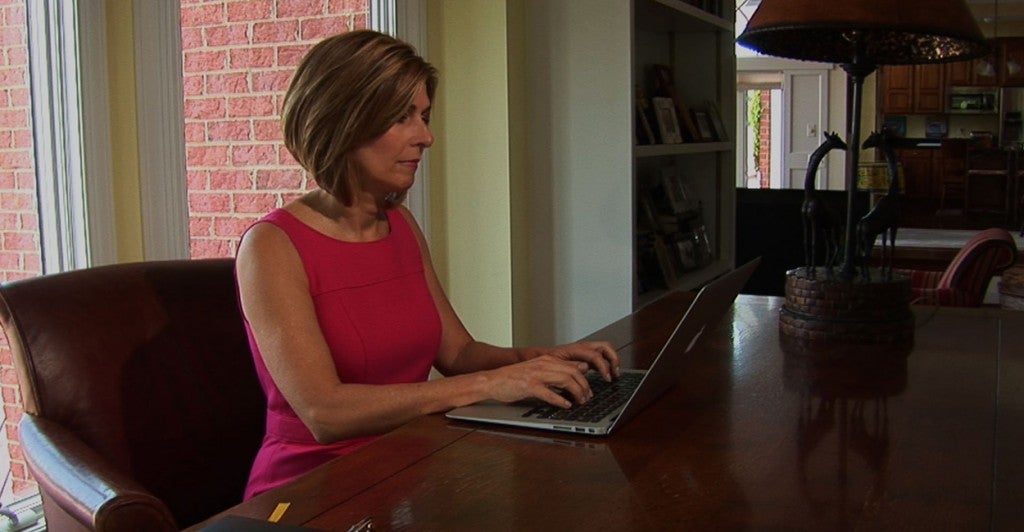In her debut story as a senior independent contributor for The Daily Signal, Sharyl Attkisson investigates a government-funded experiment that put the lives of premature babies at critical risk. The study of 1,316 infants deliberately manipulated preemies’ oxygen levels—an action that could result in death or permanent disabilities.
Attkisson, in an exclusive interview with The Daily Signal, details her findings and argues why this story should matter.
“I think this is hugely important,” she said. “[The] research is conducted by prestigious organizations and approved by the government, and yet was found to have violated the government’s own ethic rules for consent.”
Attkisson reported that medical personnel solicited parents to participate by claiming there was “basically no risk of harm” to their child. In reality, some preemies died and others continue to suffer lifelong disabilities such as blindness.
“What parent would have put their baby in a study like this if they had been told the truth?” she asked in the interview.
Attkisson cited competing interests between researchers wanting to conduct studies for “the greater good,” and individual parents of fragile preemies who believe they had the right to know the risks so they could make an informed decision.
Tensions exist between doctors who are obligated to do what’s best for the patient, and researchers who are not. In the case of the 1,316 infants, Attkisson reported, medical personnel “intentionally rigged” the oxygen monitors without the knowledge of doctors or parents. “These are pretty stunning things for researchers to be, after the fact, defending,” she said.
A branch of the National Institutes of Health, part of the Department of Health and Human Services, funded the baby oxygen trials. And once HHS’s own ethics body discovered the study violated the government’s consent rules, “this incredible pressure came to bear on the ethics body, basically to back off of its enforcement action,” Attkisson said.
She suggests this raises a bigger problem: “When whistle blowers in the government or watchdogs inside the government simply do their job, too often it seems as though they can’t, because the rest of the government is all-powerful and can come down and influence what they’re trying to do.”
Read Part 1: Did government’s experiment on preemies hide risks?
Read Part 2: ‘Input’ stalls agency’s ethics probe in baby oxygen trials
